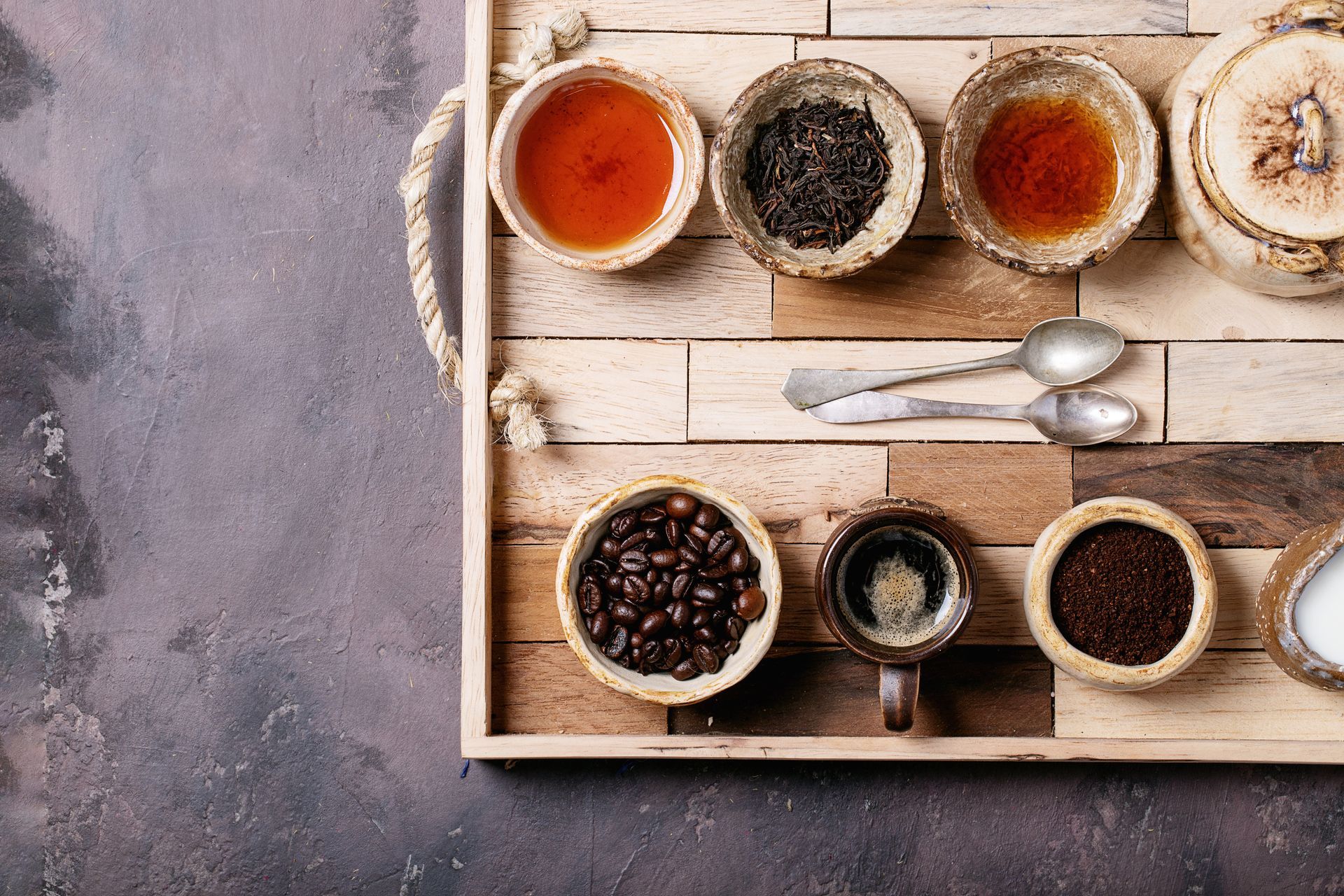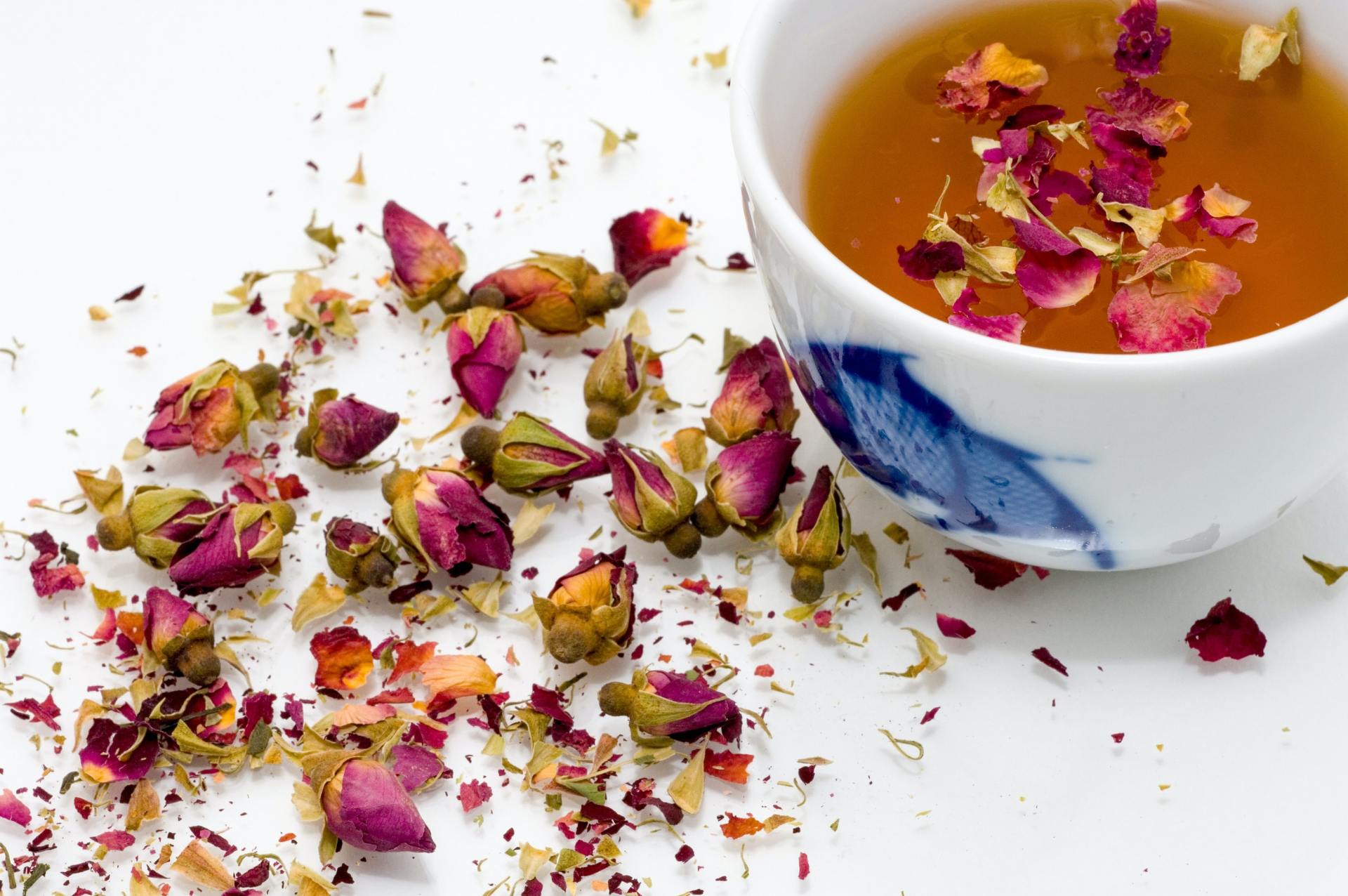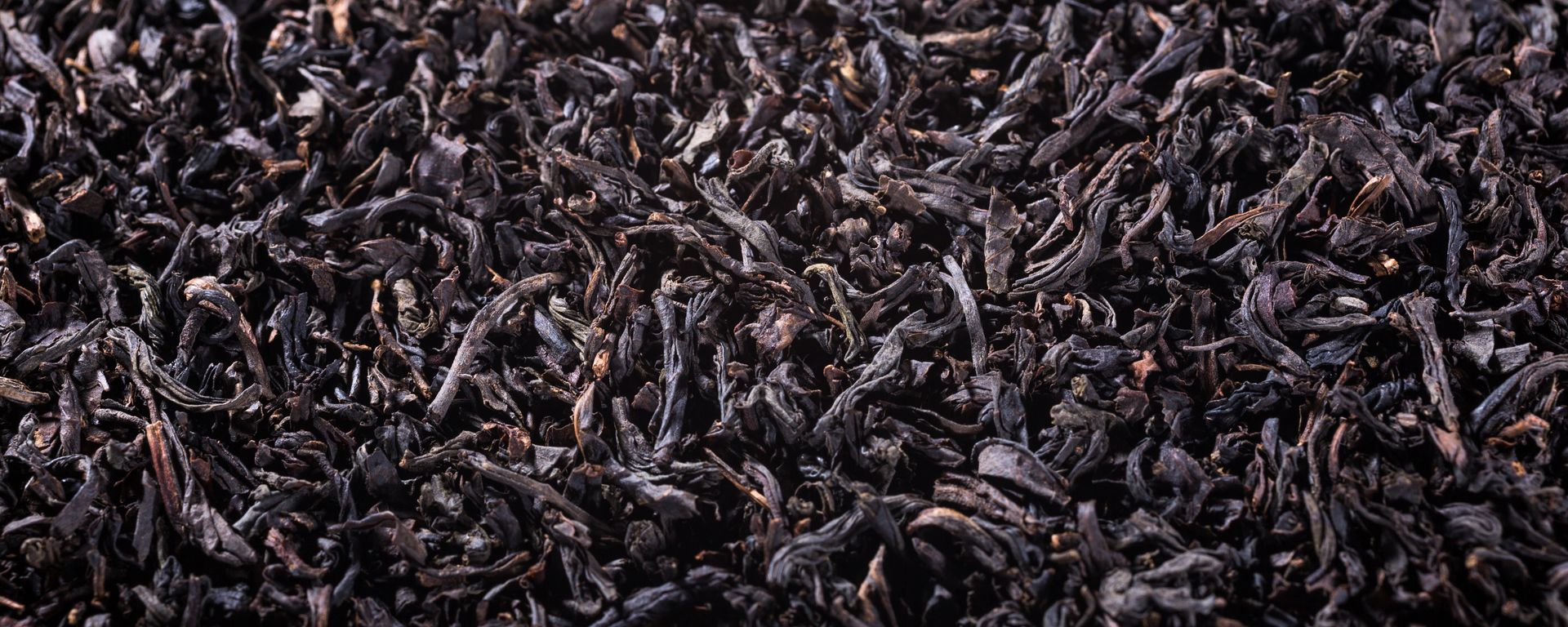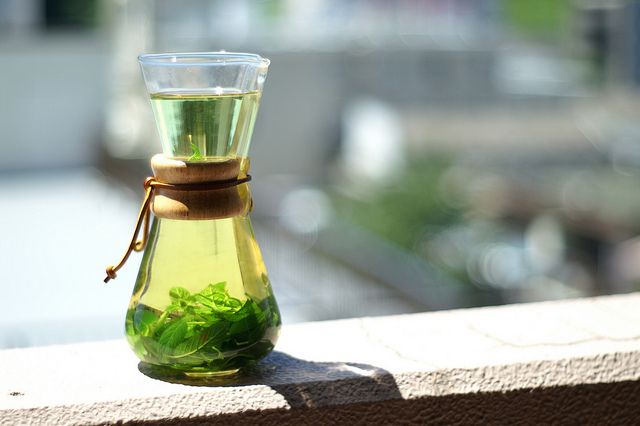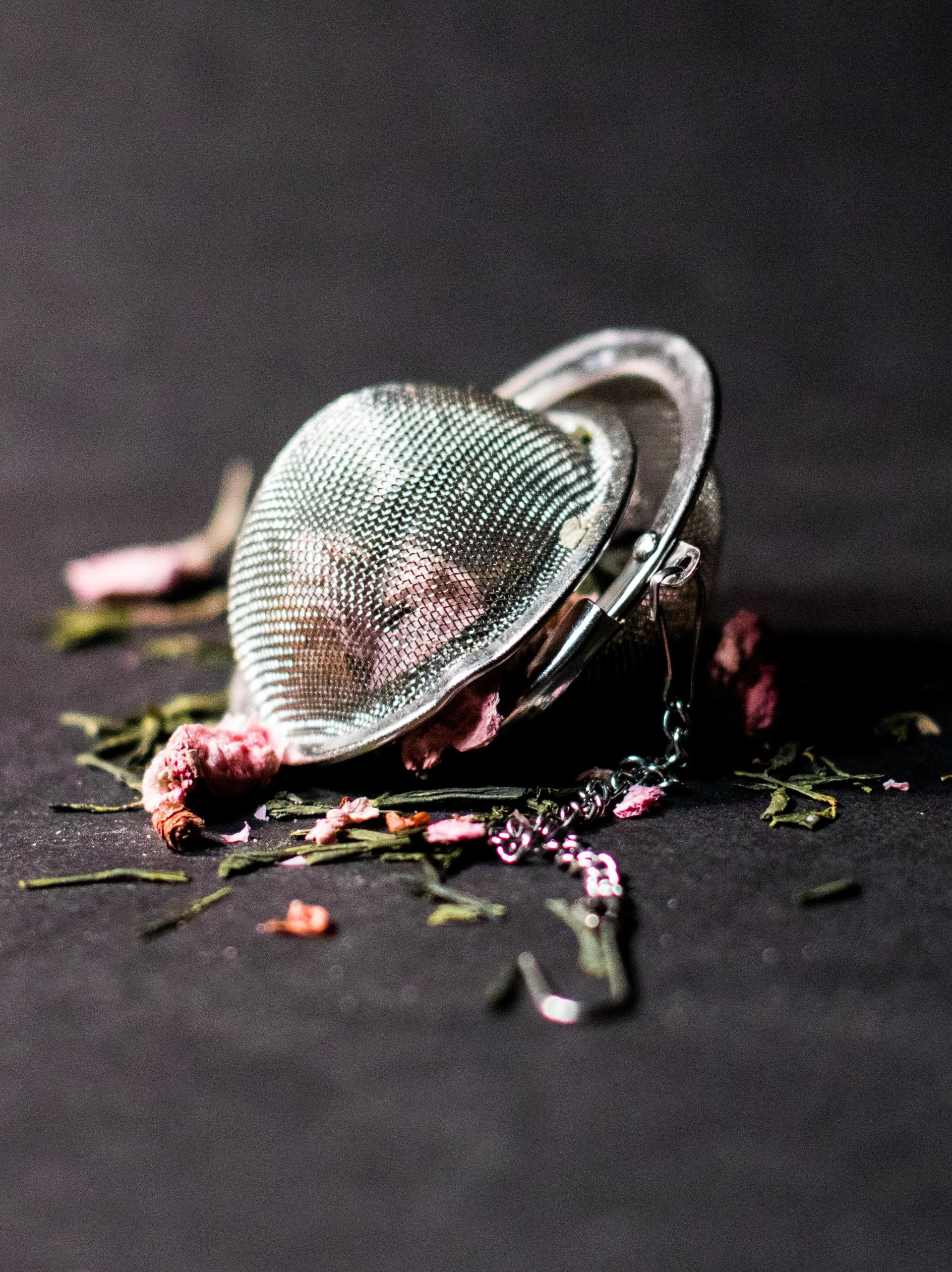Rose Tea Unveiled: Health Perks and Everyday Uses
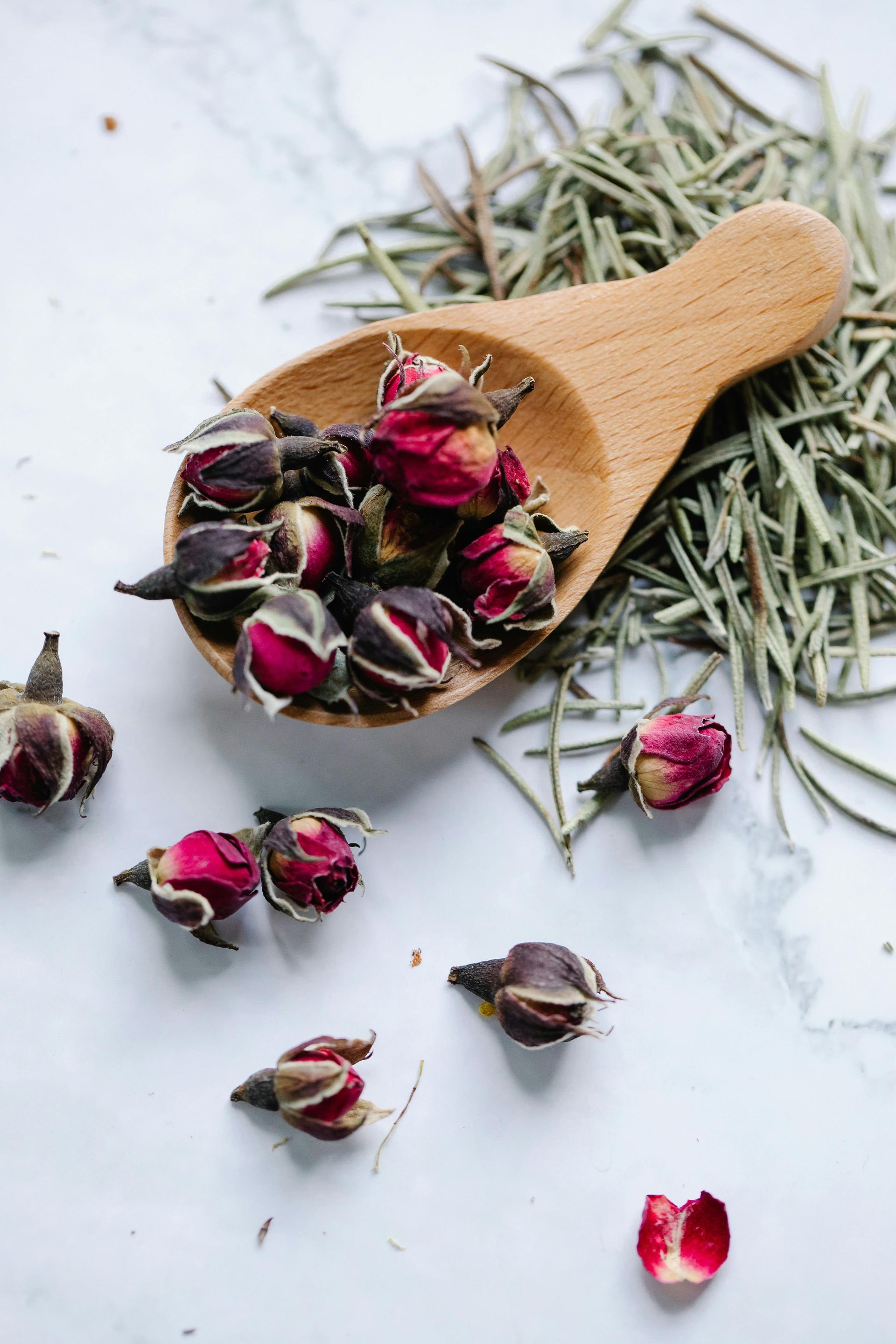
Rose tea is a fragrant herbal infusion made from the delicate petals and buds of roses, cherished not only for its soothing aroma but also for its potential health benefits. With origins tracing back to ancient civilizations, rose tea has been a staple in traditional medicine and cultural practices for centuries. Ancient Persians, Chinese, and Greeks valued roses not only for their beauty but also for their medicinal properties, using them in teas, oils, and remedies to promote health and well-being.
This tea offers a delightful way to unwind, thanks to its light floral flavor and natural sweetness. Beyond its taste, rose tea is rich in antioxidants, vitamins, and bioactive compounds that support various aspects of health, including digestion, mood enhancement, and skin care. Whether sipped to relax after a long day or incorporated into a wellness routine, rose tea is a versatile and nourishing beverage that continues to captivate tea lovers around the world.
What Is Rose Tea?
Rose tea is made by steeping fresh or dried rose petals in hot water. Its light, floral aroma and subtle sweetness make it a favorite among herbal tea enthusiasts. Popular types include blends with green or black tea for added flavor and health benefits.
Nutritional Benefits:
Rose tea contains compounds like:
- Antioxidants: Help combat oxidative stress.
- Vitamin C: Supports immunity and skin health.
- Polyphenols: Linked to heart health and anti-inflammatory properties.
Health Benefits:
- Improves Digestion:
Rose tea may aid in soothing the digestive system and reducing constipation due to its mild laxative effects. - Boosts Mood:
The aroma of rose tea can have calming effects, helping to reduce stress and promote relaxation. - Supports Skin Health:
Rich in antioxidants and vitamin C, rose tea may promote collagen production and protect against skin aging. - May Relieve Menstrual Discomfort:
Traditionally, rose tea is believed to help alleviate cramps and discomfort during menstruation.
How to Make Rose Tea at Home:
- Gather fresh or dried rose petals (ensure they are free from pesticides).
- Rinse thoroughly if using fresh petals.
- Steep 1-2 teaspoons of petals in hot water for 5-10 minutes.
- Strain and enjoy with honey or lemon for added flavor.
Potential Side Effects and Precautions:
Rose tea is generally safe but should be consumed in moderation. Some individuals may experience allergic reactions. Always consult a healthcare provider if you’re pregnant or have existing health conditions.
Rose tea is more than just a delightful and aromatic beverage; it’s a natural remedy with a variety of potential health benefits. From supporting digestive health to improving skin vitality and reducing stress, this herbal infusion has something to offer for everyone. Its mild, floral flavor makes it a versatile addition to your daily wellness routine, whether enjoyed as a calming drink after a long day or as a soothing remedy for menstrual discomfort.
Beyond its physical benefits, the ritual of brewing and sipping rose tea can also promote mindfulness and relaxation, making it a wonderful way to care for both your body and mind. However, as with any herbal tea, it’s important to consume it in moderation and consult with a healthcare provider if you have specific health concerns or conditions.
By incorporating rose tea into your lifestyle, you can enjoy its unique flavor and aroma while reaping its many health-enhancing properties. Whether you’re looking to improve your wellness, explore herbal remedies, or simply indulge in a fragrant cup of tea, rose tea is a beautiful and beneficial choice.
